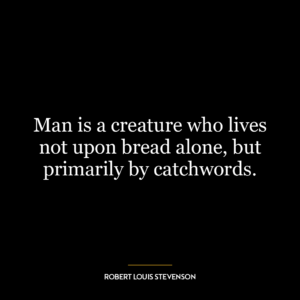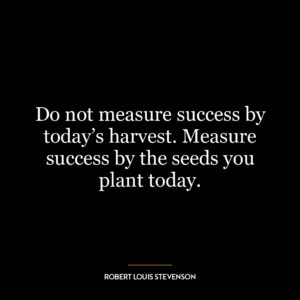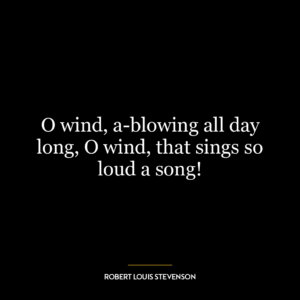If you want a person’s faults, go to those who love him. They will not tell you, but they know.
This quote suggests that those who truly love a person are the ones who are most aware of their faults. This is because love involves deep understanding and acceptance of a person, including their strengths and weaknesses. However, they may not openly share these faults due to their affection and respect for the individual.
The quote implies a profound understanding of human nature and relationships. It highlights the complex dynamics of love, where one can see and understand the imperfections of the loved one, yet chooses to embrace them, often keeping these observations to themselves to protect the person they care about.
In terms of personal development, this quote can be interpreted as a reminder to seek honest feedback from those who genuinely care about us. These individuals can provide us with valuable insights into our character and behavior patterns that we might not be aware of. This feedback, although it may be hard to hear, can be crucial for personal growth and self-improvement.
In the context of today’s world, this quote could be applied to various relationships, such as friendships, family, or romantic relationships. It might also be relevant in professional settings, where constructive criticism is often necessary for growth and improvement. However, it also warns us to be cautious about who we seek feedback from, as not everyone might have our best interests at heart.
Furthermore, this quote could also be seen as a commentary on the nature of love itself. True love is not blind, but rather it sees and understands faults, yet chooses to accept and love nonetheless. It suggests that loving someone means knowing their flaws and accepting them as part of the person. This idea can be applied in our relationships by encouraging us to strive for understanding and acceptance, rather than perfection.















